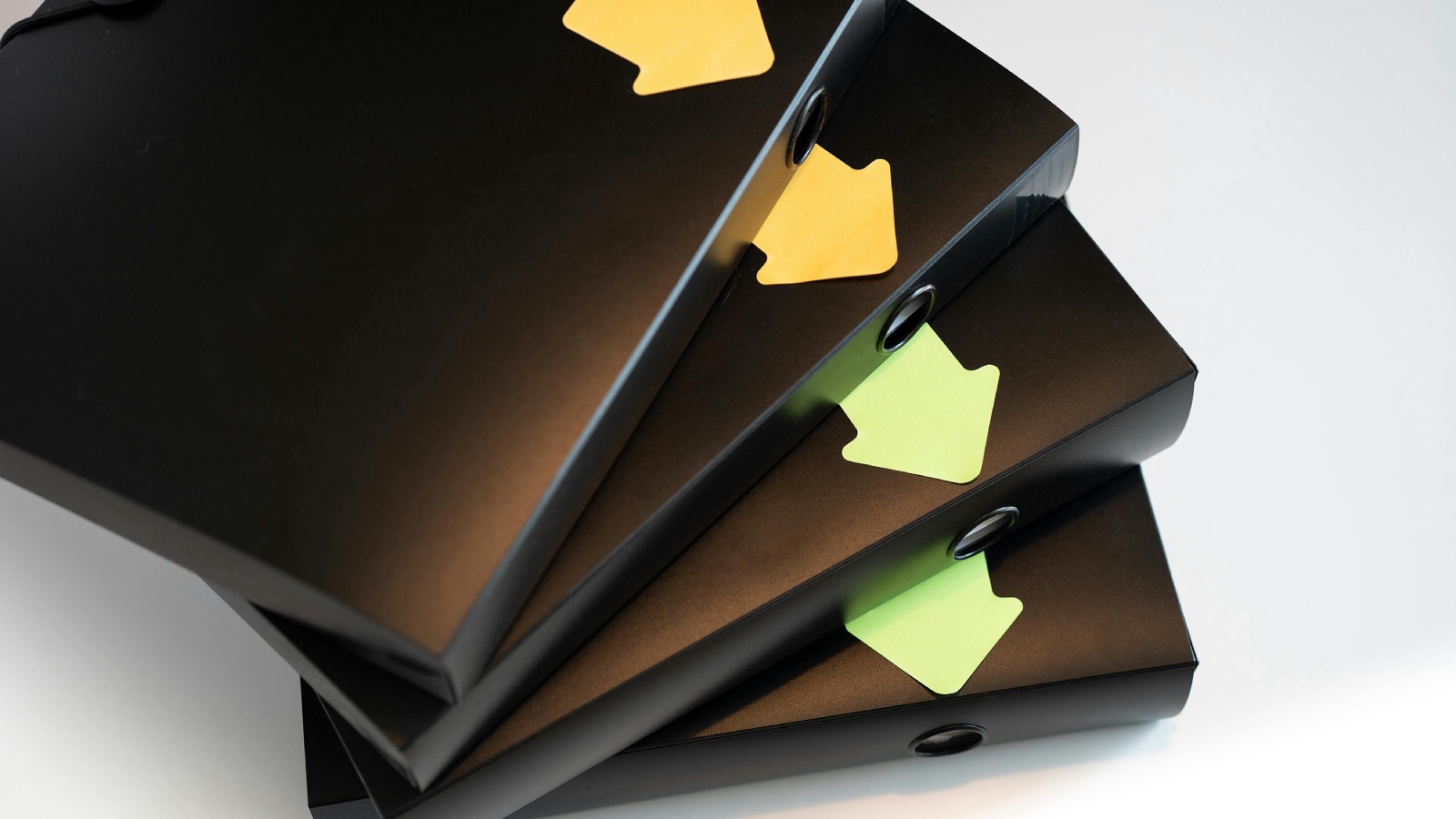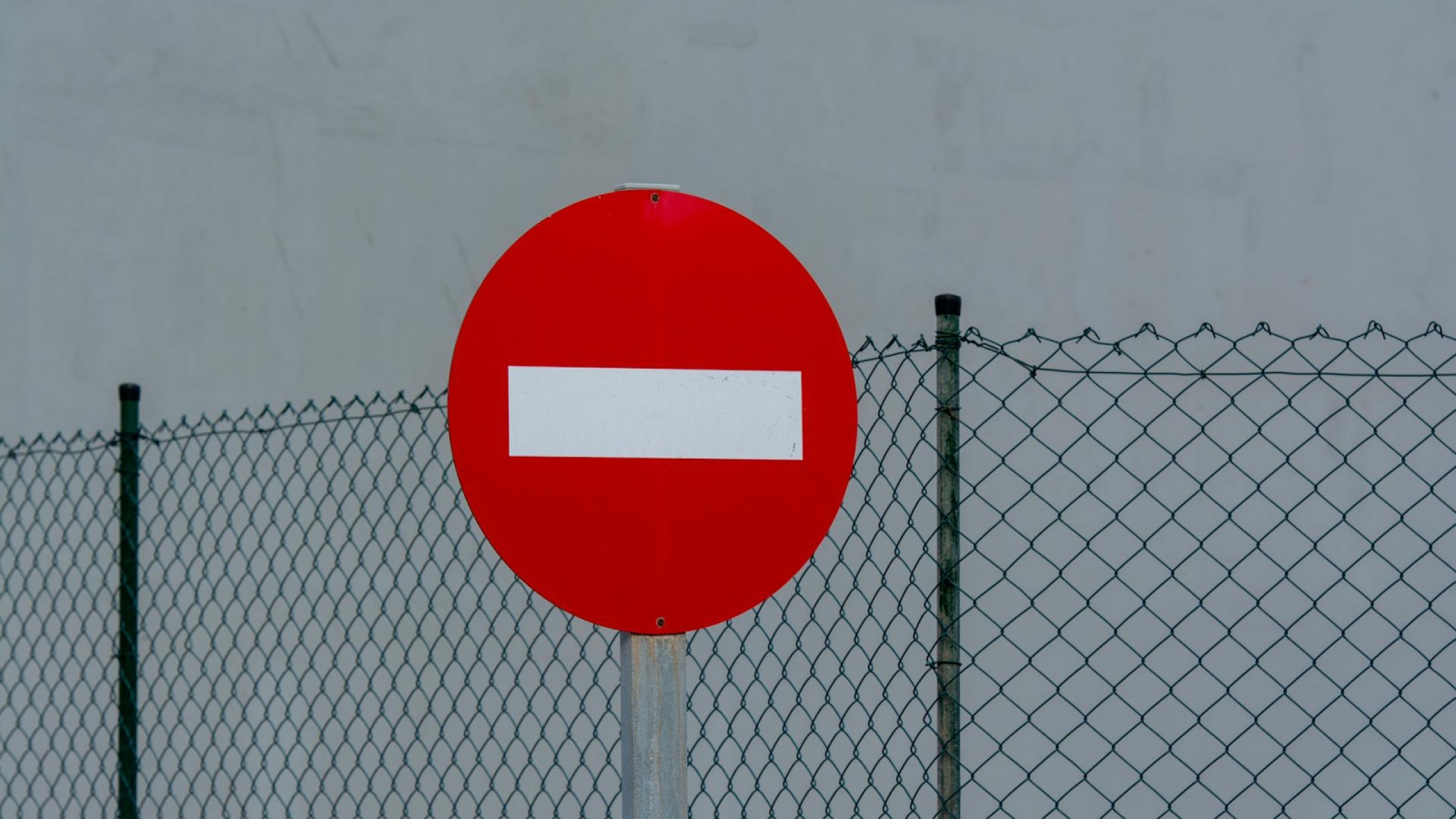“Euroclear should welcome action on transferring Russian assets,” two US-based ex-policymakers argue in a Financial Times opinion piece. Their stance follows an interview with Lieve Mostrey, departing chief executive of Euroclear, where she cautions the G7 against using Russian assets for Ukraine’s debt.
With their opinion letter of five numbered argument points, former World Bank Group president Robert Zoellick and Stanford-based diplomat/scholar Philip Zelikow challenge Euroclear’s Lieve Mostrey over her scepticism against transferring Russian assets at EU-based central securities depositories such as her own group’s.
“Using assets that don’t belong to you as collateral is pretty close to an indirect seizing or a commitment to future seizing, which could have exactly the same effects on the markets as a direct seizing,” she had stated in the interview, also pointing out that it could risk leaving Euroclear itself exposed to legal accusations. Against this, Zoellick and Zelikow argue that “if states resort to international countermeasures to transfer Russian assets to Ukraine, Euroclear would have an effective legal defence.” They point out that the European action freezing those assets two years ago provides a protective legal precedent, with support from leading international lawyers, including those from Belgium.
Given that almost 40 percent of the frozen assets are not in euros but in US and Canadian dollars, British pounds, and other currencies, they suggest that the risk for Euroclear could rather lie on the opposite side: these countries could assert jurisdiction over their currencies within Euroclear and demand a transfer to Ukraine.
Contrary to concerns about the impact on the euro, Zoellick and Zelikow dismiss it as a “red herring”, citing the European freeze of Russia’s assets which have been in place for two years without causing harm to the currency. They advocate G7 unity, arguing that other countries would have limited reasonable alternatives.
The opinion piece lastly highlights Euroclear’s 4 billion dollar after-tax war profits from reinvesting frozen Russian reserves. Despite current European proposals avoiding these gains, the analysts call on Euroclear to embrace state action under international law for the transfer of profits and Russian funds to support a struggling Ukraine.












